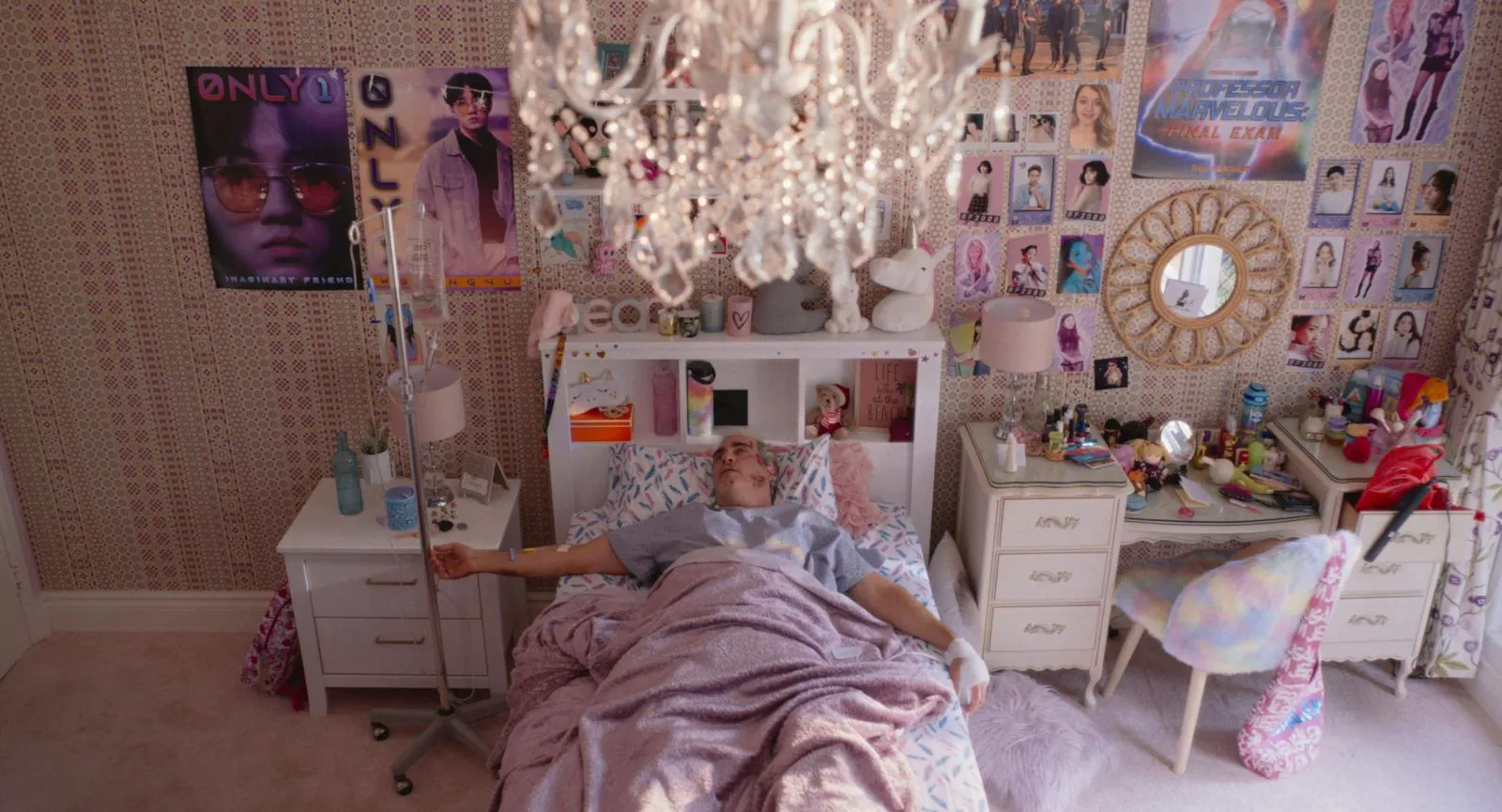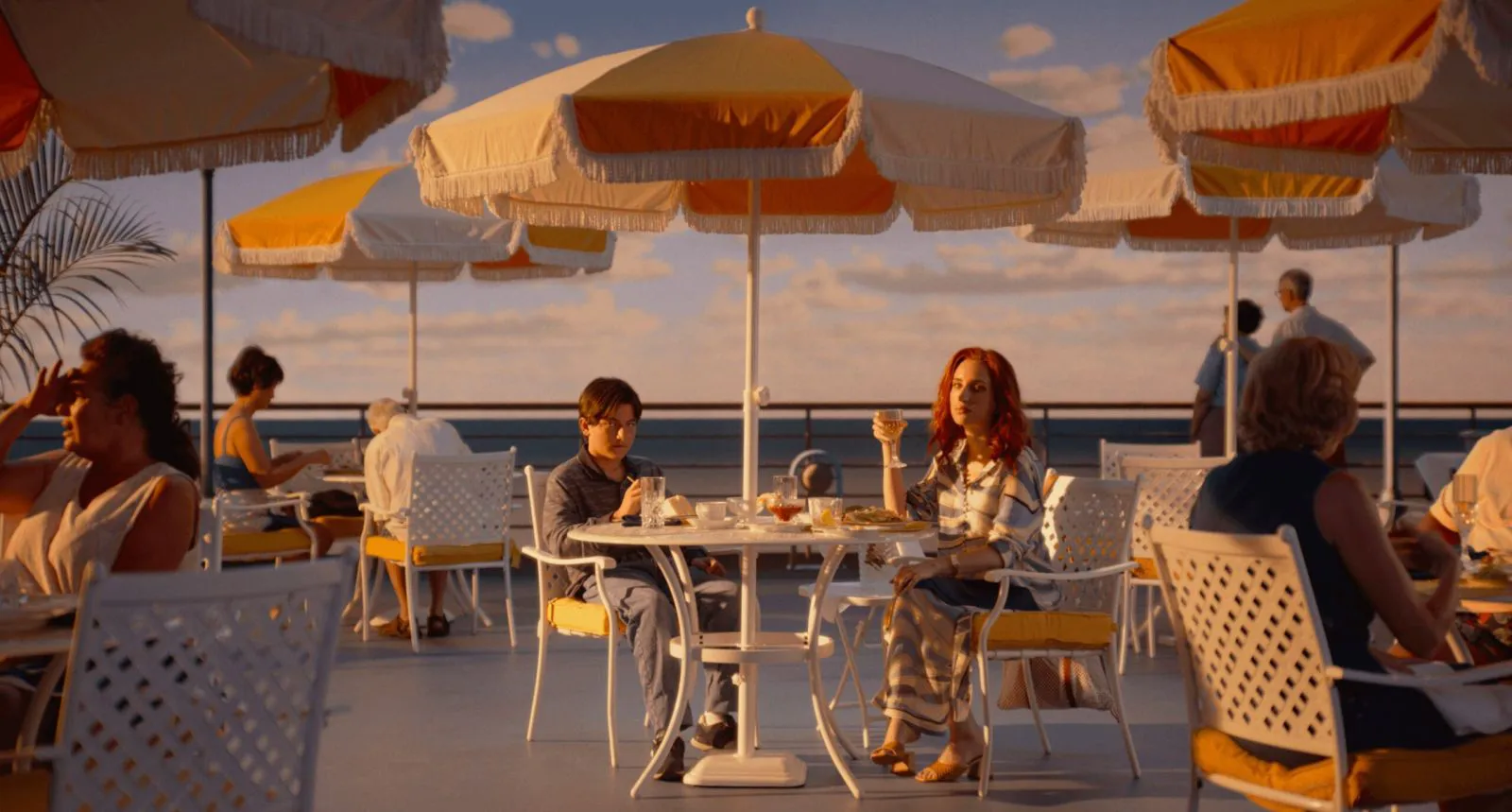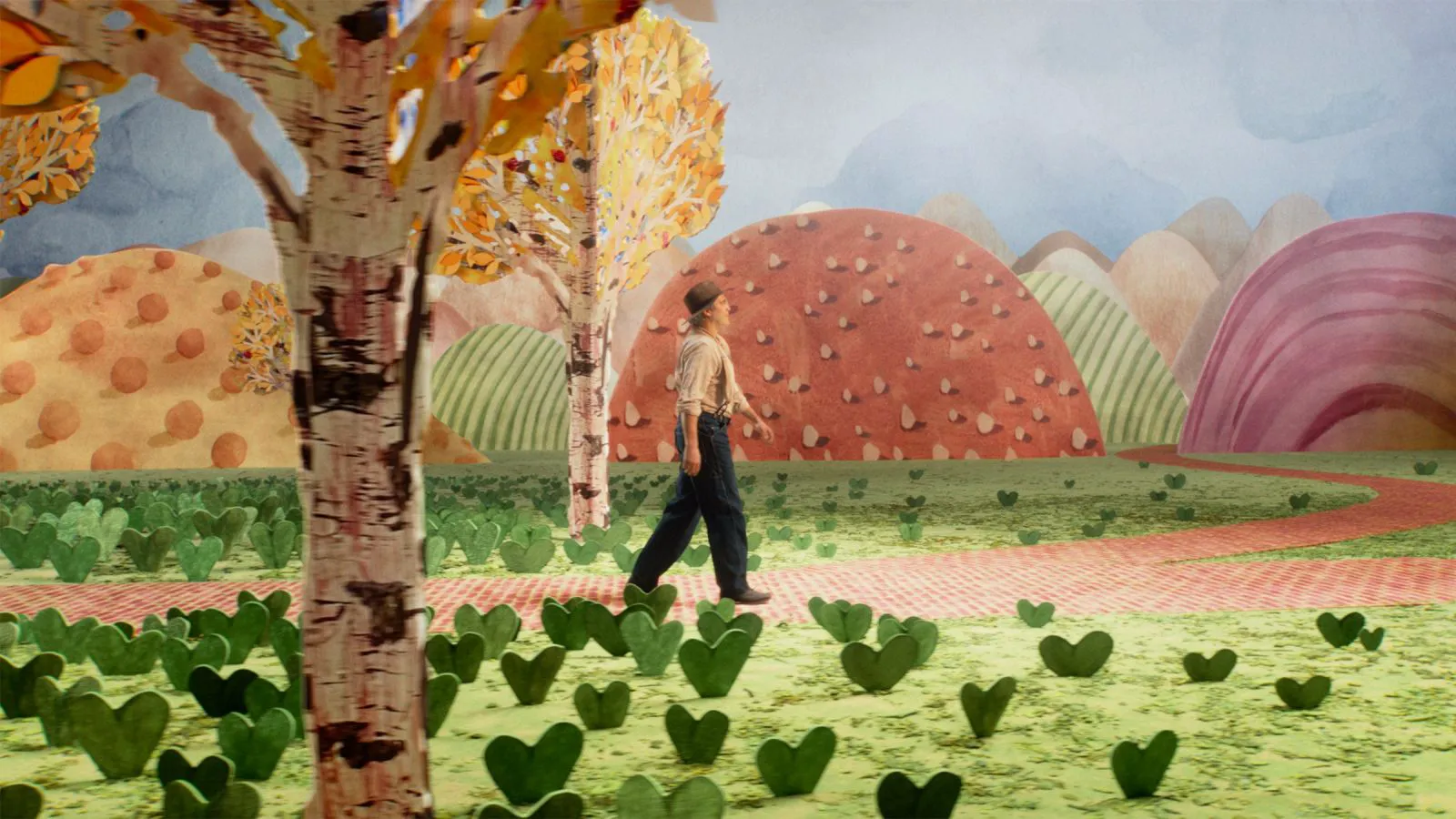Ari Aster’s Nightmarish Odyssey: A Deep Dive into “Beau Is Afraid”
Ari Aster burst onto the film scene with his debut horror film, “Hereditary,” instantly claiming the title of a new master of horror. This was solidified by “Midsommar,” a folk horror film about a difficult breakup that turned Florence Pugh into a star and made the thought of traveling to Sweden a nightmare. After two absolute box office hits, Ari Aster received the blessing of A24 studios, a budget of $35 million, and complete creative control over his new project, an idea he had been developing for 10 years. The selective actor Joaquin Phoenix agreed to star in the film immediately after reading the script, which pleasantly surprised Aster (they have since become friends and are planning their next film together). What happens when a creator is given carte blanche? A three-hour odyssey into the unconscious, helping to explore oneself through hidden fears and endless anxiety, which has sparked fierce debates online.
The Premise: A Journey into Paranoia
Beau (Joaquin Phoenix) is a lonely forty-year-old man, aimlessly visiting a psychotherapist and relying on medication for his anxiety disorder. Beau is about to travel to his mother, but even her phone call turns him into a pillar of salt. This prompts the psychiatrist to prescribe the hero new (not yet well-researched) antidepressants. On the day of departure, everything goes awry: the hero overslept, the keys to the apartment were stolen, the suitcase disappeared, the water was turned off - there is nothing to wash down the pill, he went out for water - there is nothing to pay with, he left for a minute - homeless people broke into the apartment, he missed the flight, the apartment was wrecked… and this is just the beginning of one long, crazy, unbearably anxious journey of Beau to his mother’s house.

Joaquin Phoenix as Beau Wassermann in a still from “Beau Is Afraid”
Have you ever had a dream about rushing to a certain place, but you can’t get there because of obstacles constantly arising in your path? “Beau Is Afraid” is that dream, or rather, a road movie consisting of all the classic nightmares familiar to any anxious person. Beau is a vulnerable hero, danger lurks literally at every step, but he cannot hide from external threats even in his own apartment. Nor can he hide from the ubiquitous MW company (its logo was chosen by A24 studios for the film’s promotion), founded by his mother, constantly reminding of herself and seemingly surrounding Beau from all sides. The circumstances in which Beau finds himself do not give him room to maneuver or any control over the situation, his life constantly depends on the people around him, he only manages to dodge the bullets and chairs flying at him, helplessly watching the world around him collapse and people spontaneously die.

Armen Nahapetyan as young Beau Wassermann in a still from “Beau Is Afraid”
Decoding the Unconscious: A Jungian Nightmare
It is difficult to imagine a more Jungian film than “Beau Is Afraid” - it relies with all its weight on the viewer’s unconscious, if you perceive it critically - your head will instantly crack. Hence, perhaps, the endless disputes about the film. A similar discussion has not subsided around Lynch’s “Mulholland Drive” for decades, the director refuses to interpret his film, and many viewers, not receiving an answer, continue to insist on the meaninglessness of the plot. Aster is presented with similar accusations, the film is also mercilessly long, cognitively distorted, and absolutely not amenable to logical interpretations. The search for “meaning” in such abstract and sometimes surreal pictures often leads to a dead end, the same as interpreting dreams according to a softcover manual from the 90s.

Joaquin Phoenix as Beau Wassermann in a still from “Beau Is Afraid”
An Experiential Film: Embracing the Length
In general, the public’s request for the return of good old hour-and-a-half films is quite clear, not everyone is ready to spend half a day at a session, living the life of the hero from birth to death. But to be afraid of the timing is not to go to the cinema. “Beau” will not work in a quick-fire mode, because it is a film-experience, and not the usual narrative blockbuster. The protracted pauses and, in the truest sense of the word, the animated revision of the hero’s possible “other life” help the viewer’s consciousness merge with what is happening on the screen, gaining the experience of almost lucid dreaming for the price of a movie ticket.
The Ultimate Question: What Is It All About?
So what is the film about? About the devouring fears that parents instilled in a person? Maybe about the perception of life in an era of information overload? Maybe everything is quite simple, and this is a movie about relationships with an authoritarian mother? There are no wrong answers, Aster gives the final word to the viewer who sat through the credits. In the end, this is an exciting, tachycardia-inducing odyssey that allows the patient viewer to embark on a journey through the unconscious. Whether you like the attraction or not depends only on the vestibular apparatus and the willingness to look your fears in the eye.